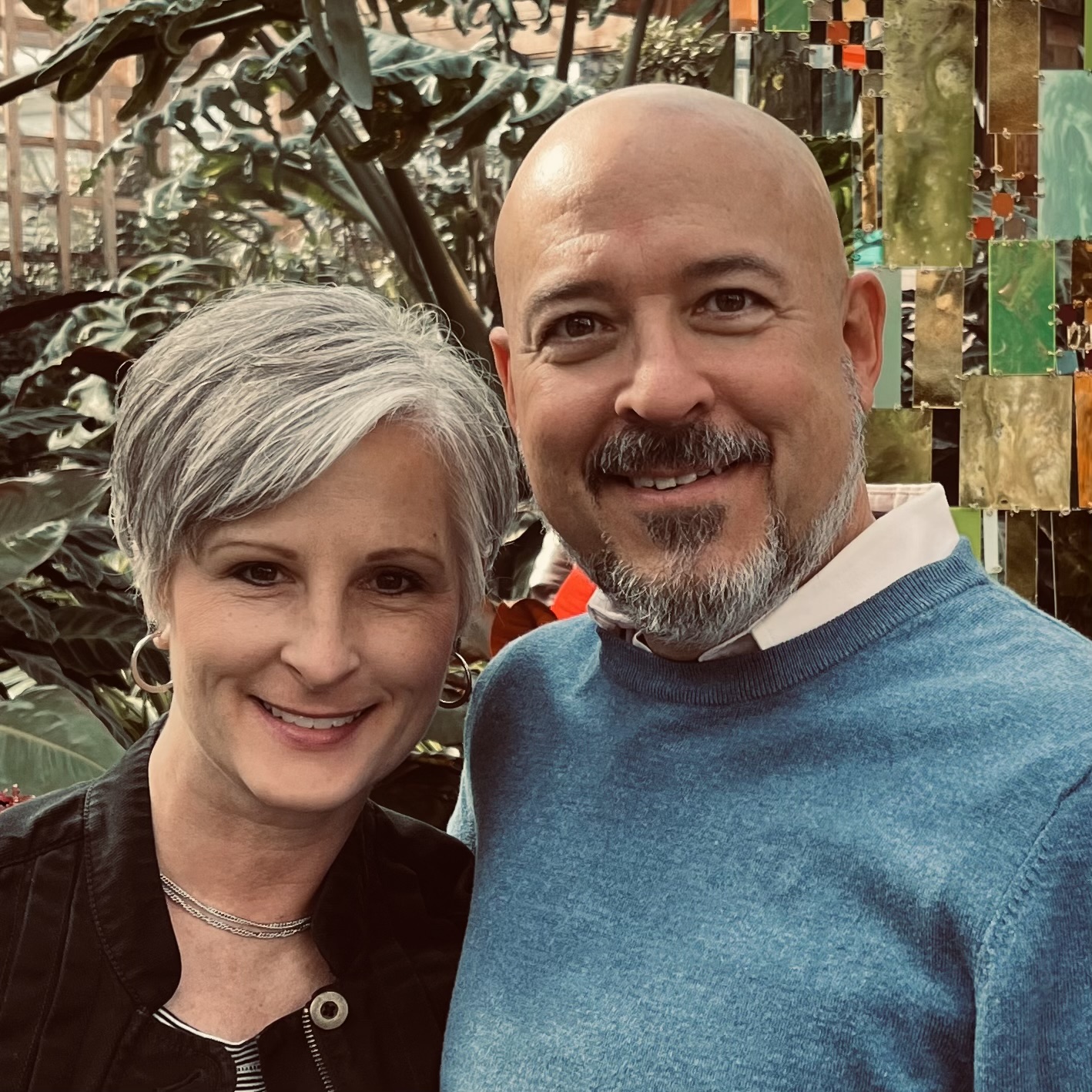Often in conversations about following Jesus I hear Christians say things like, “I just want a deeper experience.” They are so right to want that. I believe that in most cases the “deeper” that people want is not the “deeper” that Jesus wants. What I have observed is that when people say “deeper” in the Christian context what they often mean (whether intentionally or not) is more Scripture or more liturgy or more meat or more of something that they feel is spiritually missing for them. And while the latter may be a decent motivation for wanting more of something, I don’t think it is the “deeper” that Jesus calls us to.
I selected the image atop this post with much thought and at great risk. I realize that the analogy I am about to make will be a difficult one to swallow for some. Usually when I write about hard truths I ask people not to take things personally, but today I hope that you will. I hope that you will examine your own walk with Jesus. Ask yourself some hard questions. Start with this one… am I stuck in the shallow end?
Defining the Shallow End
Before I offer a definition of the shallow end, please understand that I am not name-calling those who find themselves there. Plain-speak… I am not saying that those individuals are shallow (automatically). I lived in the shallow end for much of my Christian life. I thought that as long as I was learning the ways of Jesus and occasionally asking someone to come to church with me I was doing all the things necessary to follow Jesus. So what am I talking about? The shallow end is where Christians go to get educated about Jesus. Often it’s the church or some other worship experience or even a Bible study. We go and we go never realizing that really what we are doing is being trained to stay. Maybe the thought has even crossed our mind, “When do I graduate? What am I supposed to do with all of this knowledge about Jesus?” And while there is nothing wrong with inviting someone to church, that is not the answer to either of the previously-asked questions.
Rick Warren begins his best-selling book The Purpose-Driven Life like this, “It’s not about you.” For years I lived in the shallow end. I didn’t know any of my neighbors (not really). I listened only to Christian music and played on Christian sports teams and read Christian books and created for myself a parallel Christian universe – parallel to the one that existed in real life. Now several years into my new understanding of the deep end I am about to describe, I can tell you that I have never loved Jesus more or felt closer to Him than I do as I am swimming in the deep end.
Re-imagining the Deep End
First and foremost, the deep end is not evangelism… at least not the way that most of us practice evangelism… proselytizing. The deep end is the reason the shallow end was created. The things you and I are blessed with in the church and in worship and when we study the Bible have to matter in real time… or they don’t matter. If the stuff we read about and teach and sing are just facts to be learned, then, no thank you. But they aren’t. Learning and understanding the way of Jesus ought to give us a compulsion to show that way to the ends of the earth. The deep end is why we learn. We should never learn and study and worship solely so that we can feel closer to God. The deep end is the universe… not a parallel one that we create (a Christian sub-culture). It is those of us who have chosen to follow Jesus also choosing to interact with all people, believing that the best stage for what we have learned and begun to understand about Jesus is in community with all of those He has created.





